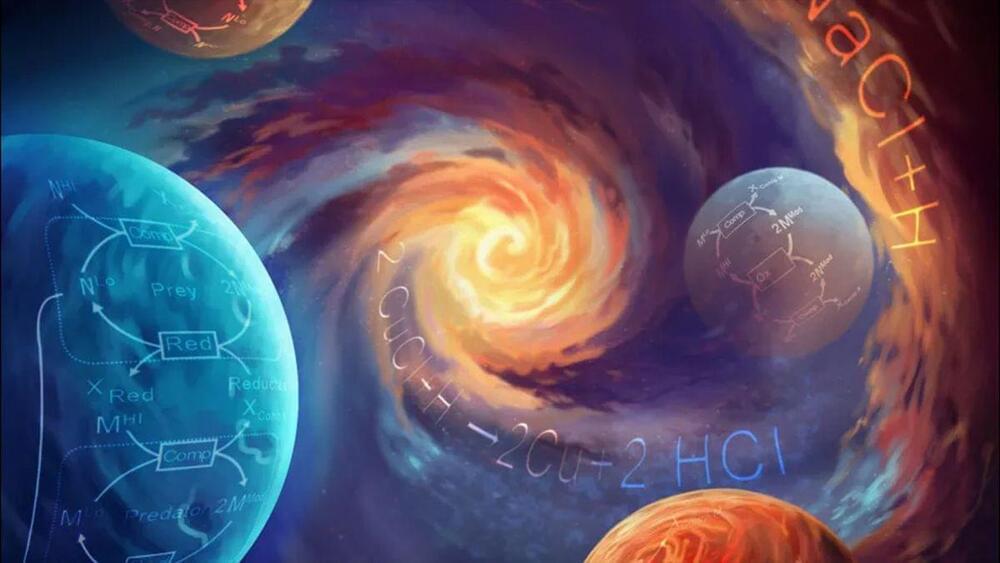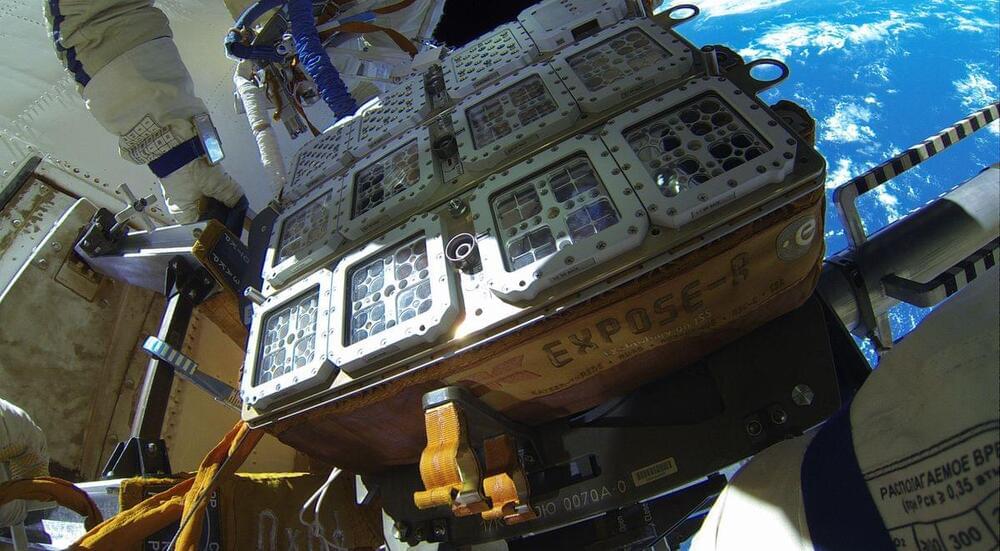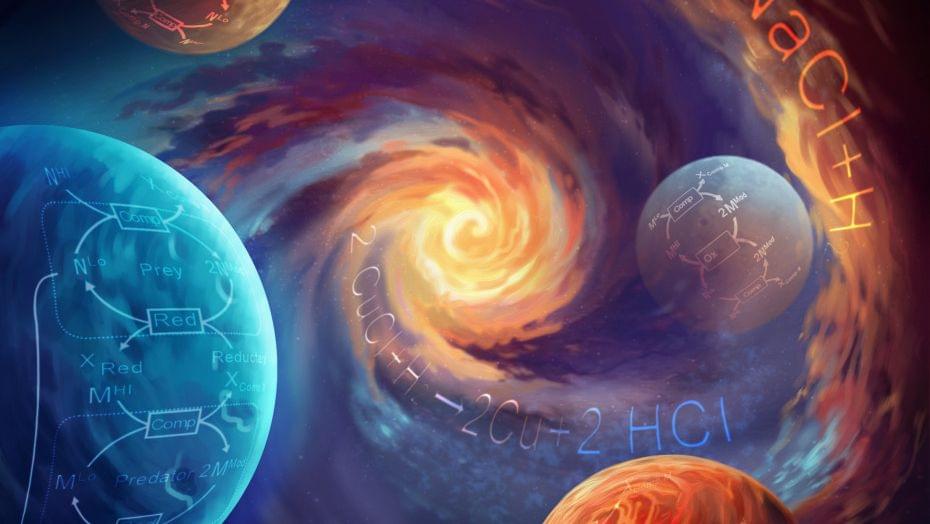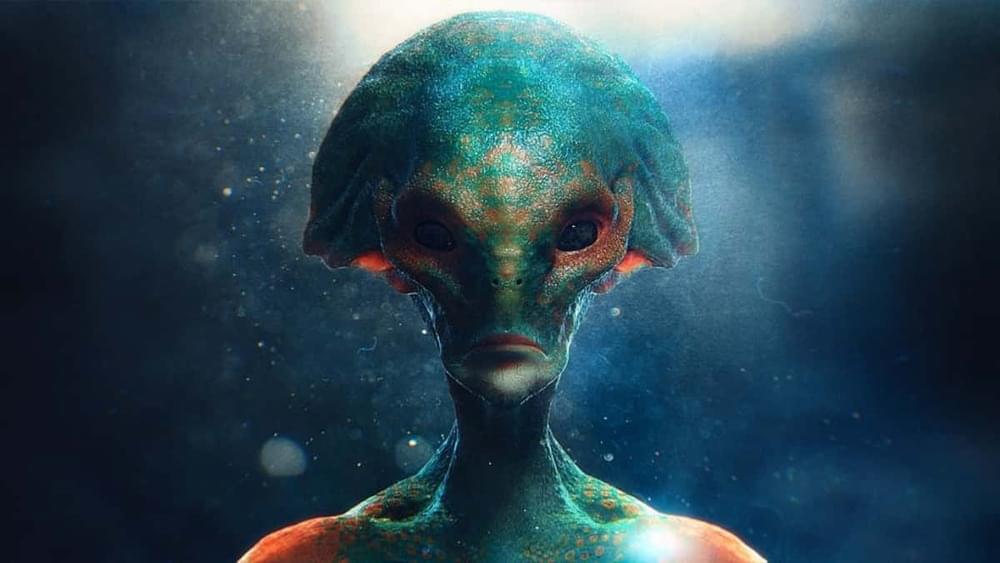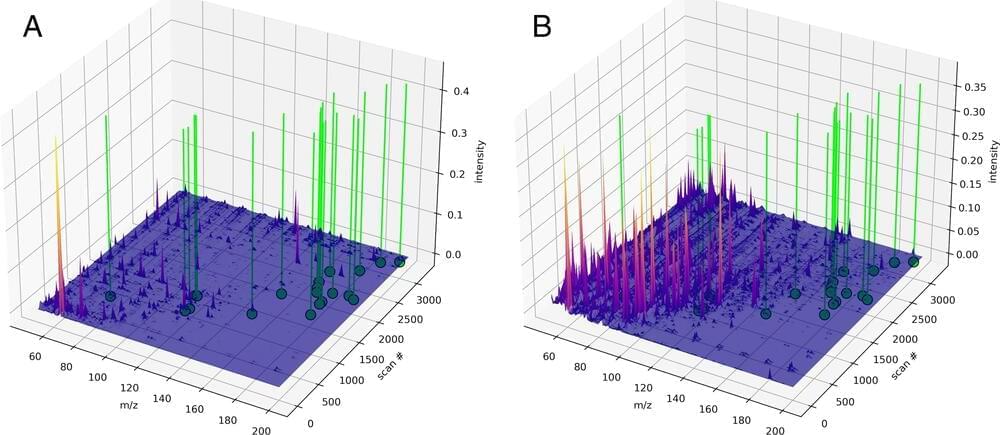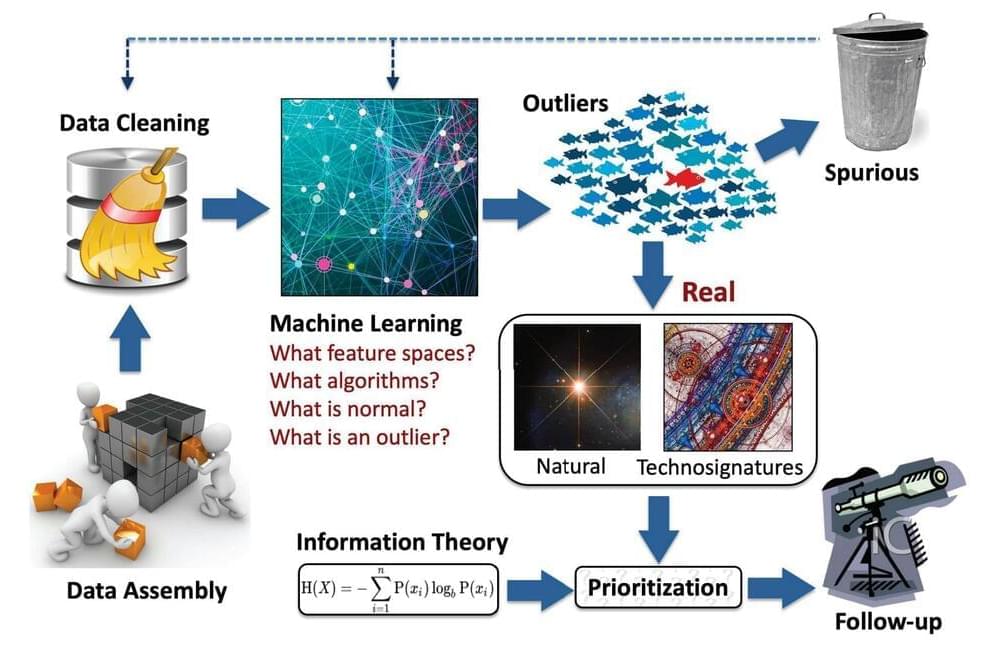Ultimately, the researchers discovered 270 different cycles of autocatalytic reactions. “Autocatalysis may not be that rare, but instead it might be a general feature of many different environments, even those that are really different from Earth,” Kaçar said.
Related: NASA may have unknowingly found and killed alien life on Mars 50 years ago, scientist claims
Most of the 270 cycles did not employ organic compounds. Some centered around elements that are absent or exceedingly rare in life on Earth, such as mercury, or the radioactive metal thorium. A number of cycles likely only happen under extremely high or low temperatures or pressures.
